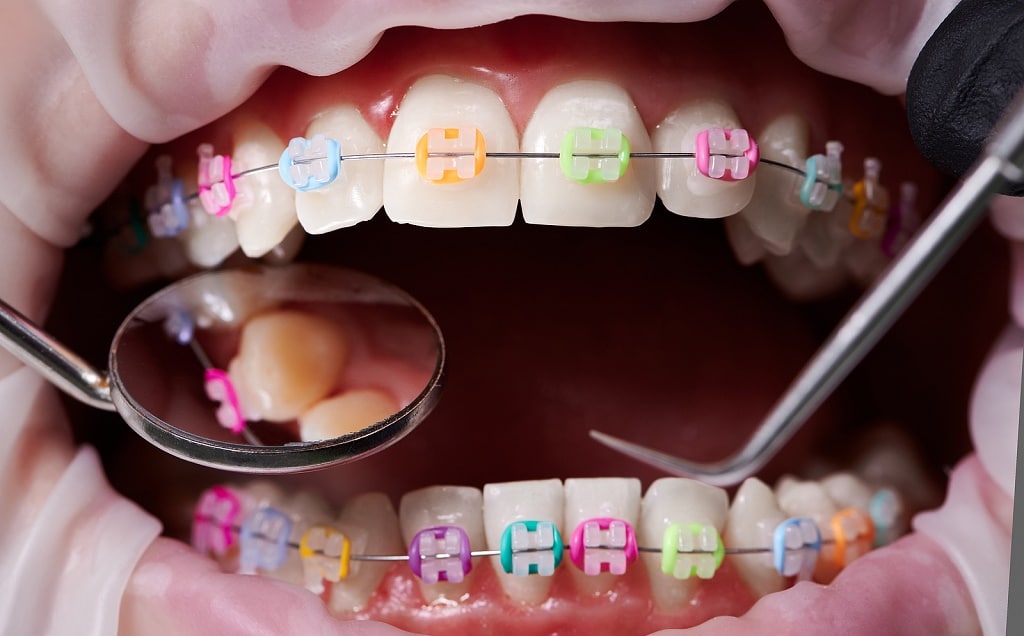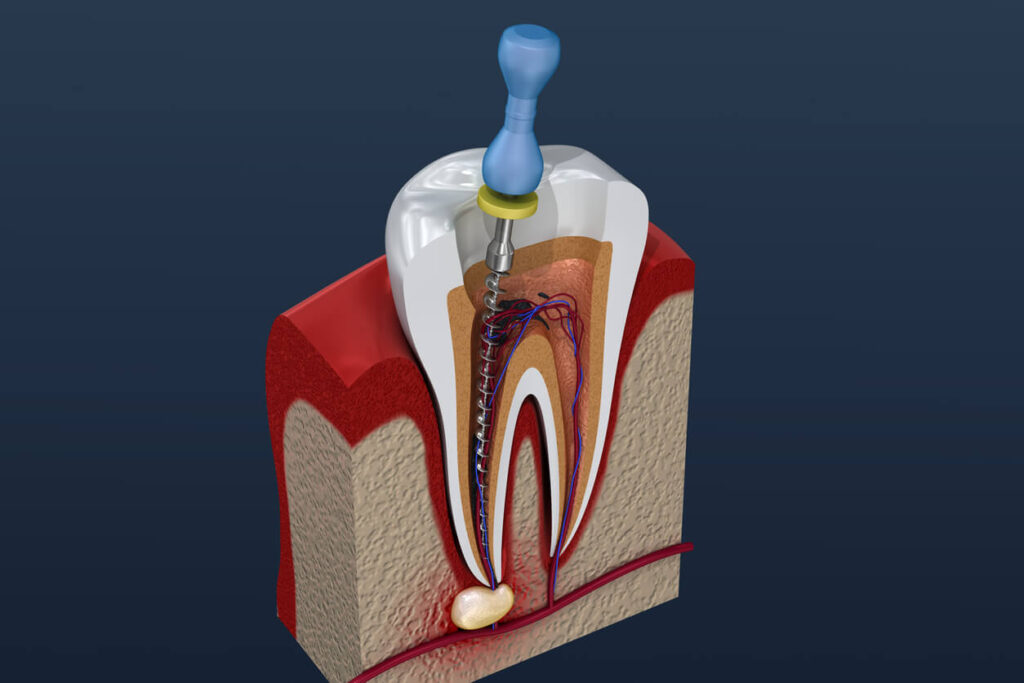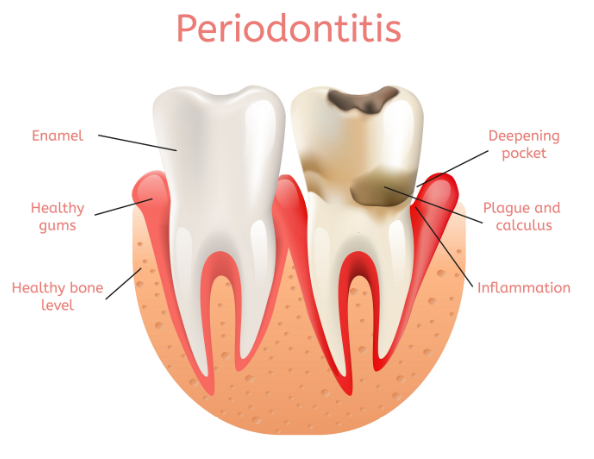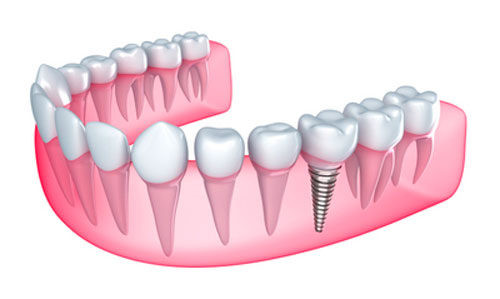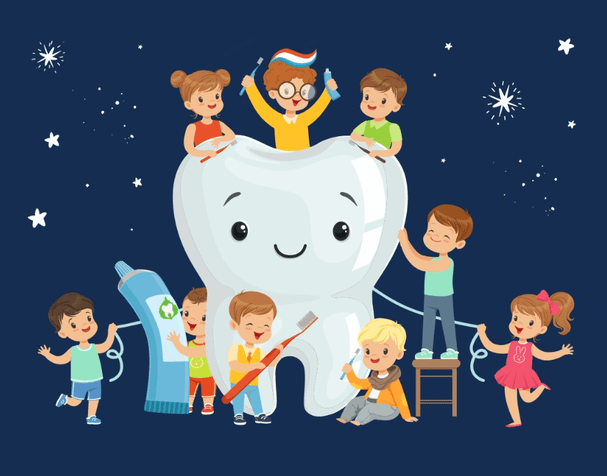Can you get orthodontic treatment with implants?
December 16th, 2024
Orthodontic treatment can be performed on patients who have dental implants, but there are specific considerations as well as limitations to consider. Here are some key points:
1. Type of Implants: If the dental implant is fully integrated and stable, orthodontic treatment may be possible. However, the type and location of the implant may affect how and if braces or other orthodontic appliances can be used. In most cases if there are implants, the orthodontist may suggest going with Invisalign instead of traditional braces.
2. Treatment Goals: The goals of the orthodontic treatment will determine the approach of tooth correction and alignment. If possible, the orthodontist will use braces or invisalign to detail and align the teeth. The doctor will also create a treatment plan around the implants-since implants cannot be moved.
3. Consultation with Specialists: It's important to have a consultation with both an orthodontist and the dentist who placed or is placing the implants. These doctors will assess the overall dental structure and determine the best course of action.
4. Timing: Orthodontic treatment may be done before or after implant placement, depending on the individual situation. It may be advantageous to wait until after orthodontic treatment so the implant fits perfectly.
5. Possible Limitations: There may be limitations on the movement of teeth adjacent to implants, as the implants are in place and do not move like natural teeth.




